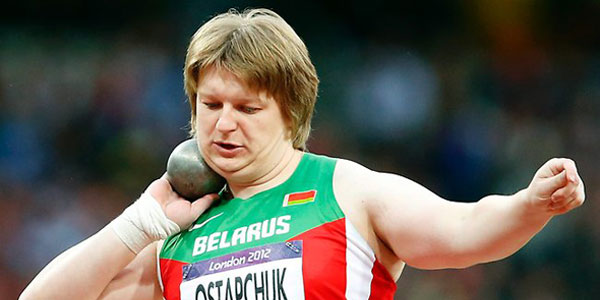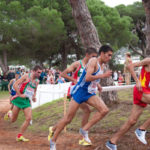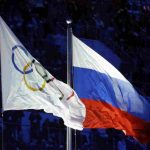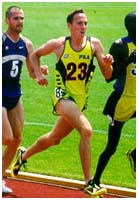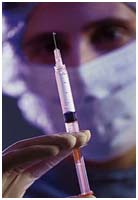No matter how slowly the wheels may turn when it comes to catching cheats, the mere fact that it is happening shows that even after a period of 8 years there can still be justice.
The International Association of Athletics Federations (IAAF) has re-tested a selection of doping samples collected at the 2005 IAAF World Championships, Helsinki, Finland, from a wide range of disciplines and nations, and the results have revealed a further six adverse findings.
The IAAF, as part of its strategic anti-doping policy, instigated last year the re-analysis of samples originally taken during Helsinki 2005 using the most up-to-date analytical techniques. These samples had been transferred to the WADA-accredited laboratory in Lausanne, Switzerland following the World Championships for long–term storage in accordance with the IAAF retesting policy.
“The IAAF’s message to cheaters is increasingly clear that, with constant advancements being made in doping detection, there is no place to hide,” confirmed IAAF President Lamine Diack. “This re-testing is just the latest example of the IAAF’s firm resolve to expose cheating in our sport. The IAAF will continue to do everything in its power to ensure the credibility of competition, and where the rules have been broken, will systematically uncover the cheats.”
The six adverse findings involving Andrei MIKHNEVICH (BLR), Ivan TSIKHAN (BLR), Vadim DEVYATOVSKIY (BLR), Tatyana KOTOVA (RUS), Nazdeya OSTAPCHUK (BLR), and Olga KUZENKOVA (RUS) have resulted in the initiation of disciplinary procedures which are currently ongoing in accordance with IAAF Rules.
Nick Davies, deputy general secretary of the governing body, said the retesting had been carried out eight years after the event to capitalise on the latest technology and equipment.
“We have an eight-year statute of limitations on anti-doping, so seven years past the event is really when you want to test, using the most up-to-date equipment,” Davies told BBC Sport.
“The message we’re trying to give out is: ‘Don’t even think about it, because even six or seven years down the road, something you think you got away with you won’t.'”






















